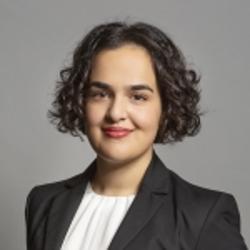Educational Visits: Low Incomes
(asked on 21st June 2023) - View SourceQuestion to the Department for Education:
To ask the Secretary of State for Education, what steps her Department is taking to enable pupils from low-income households to participate in school trips.
A parent’s income should not be a barrier to a pupil participating in a school trip.
Schools may not charge for school trips that take place during school hours, or which take place outside school hours but are part of the National Curriculum, part of religious education, or part of the syllabus for a public exam that the pupil is being prepared for at the school. Parents can be asked for contributions towards the cost of a trip, but schools must make clear that contributions are voluntary.
If a trip requires a night away from home, parents can be charged for board and lodging. Parents who receive certain benefits cannot be charged, and schools should be clear on this in their communications.
The published advice, ‘Charging for School Activities’, is clear that no pupil should be excluded from an activity simply because their parents are unwilling or unable to pay. The advice can be found at: https://assets.publishing.service.gov.uk/government/uploads/system/uploads/attachment_data/file/706830/Charging_for_school_activities.pdf.
The Government has provided over £2.6 billion of Pupil Premium funding in the 2022/23 financial year to support pupils from lower income families. Rates will increase by 5% for 2023/24, taking total pupil premium funding to £2.9 billion. As set out in the menu of approaches, schools are able to use both Pupil Premium and Recovery Premium to fund extracurricular activities, including school trips.

